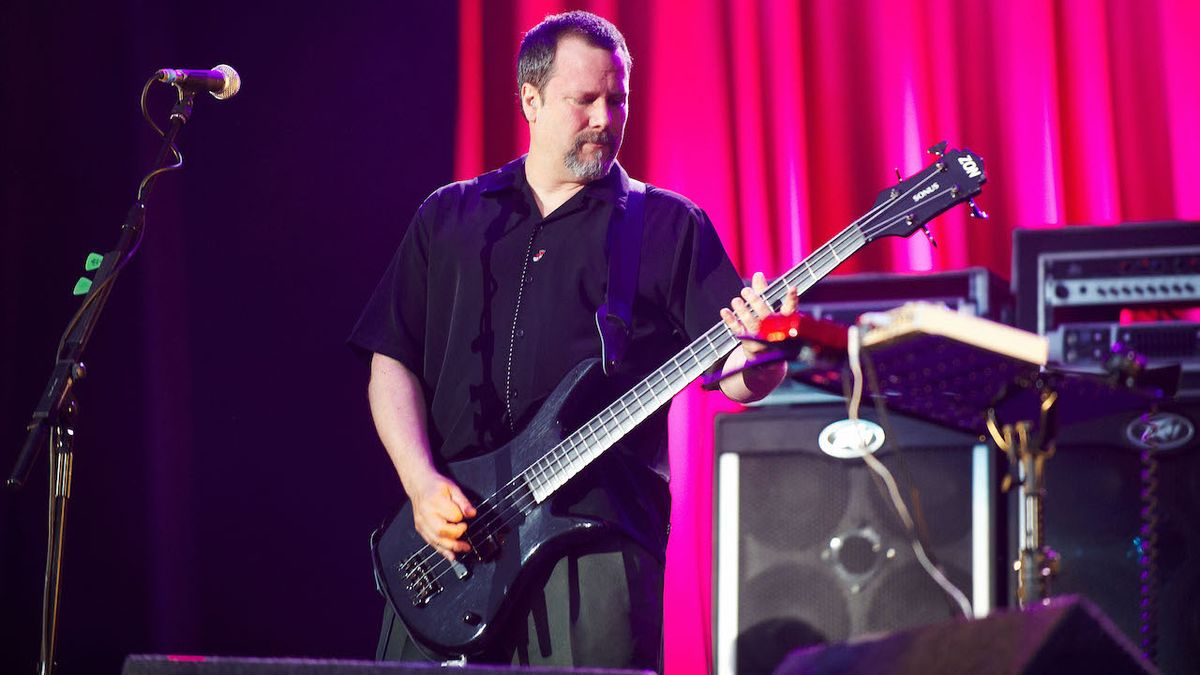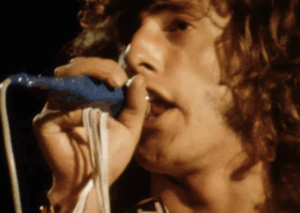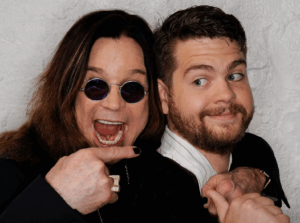7 Of The Most Underrated Rock Bassists Of All Time
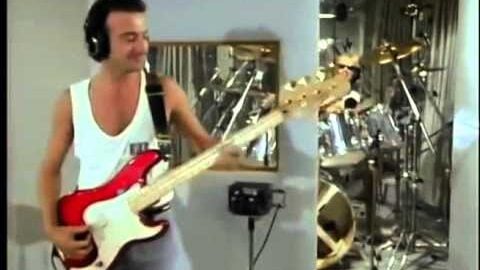
via Валерия Корнеева / Youtube
Bassists are the unsung stars of rock music. They lay down the beat while lead guitarists and singers get all the attention. They’re just as creative and skilled, but their great riffs don’t get as much attention. Why? That’s right—bass is all about that steady, emotional beat that keeps the band together, not taking over the show. They work together with the drummers to make a strong base, but unless you have a style like Les Claypool’s, which is loud and crazy, you probably aren’t getting the cheers.
Some of the most famous basslines in music history were made by Paul McCartney, James Jamerson, and Bootsy Collins. However, these artists don’t always get the due credit they deserve. They play on everything from big hits to obscure gems. They are the soul of rock. Are you ready to meet the ten underrated bass players ever? Let’s jump right in!
10. Carlos Dengler of Interpol
Carlos Dengler is a bass master who gave Interpol’s post-punk sound its killer edge. With his deep, punchy tones and knack for making grooves, this New York rocker helped shape the band’s famous sound. Carlos wore a low-slung bass, like Peter Hook, and tweaked his low E string to give it more growl. His Fender Jazz Bass gave Interpol’s songs a rough heartbeat that went well with Paul Banks’ singing, Daniel Kessler’s guitars, and Sam Fogarino’s tight drums. Songs like “The Heinrich Maneuver,” “Obstacle 1,” and “Obstacle 2” show off his next-level basslines that steal the show in indie rock. In Carlos’s presence, things did not stay the same. He changed everything.

9. John Deacon of Queen
Low-key bassist John Deacon of Queen deserves a lot more praise than he gets! Although Freddie Mercury’s style and Brian May’s guitar skills were more famous, this quiet genius gave the band real groove. He was a total star because his basslines mixed fiery rock with smooth, soulful sounds. Fans who thought Queen’s onstage antics were too much were hooked by songs like “You’re My Best Friend,” “Another One Bites the Dust,” “I Want to Break Free,” and his part in “Under Pressure.” John’s distinct and catchy beats were what made Queen such a musical powerhouse. His contribution was crucial to their sound reaching such great heights.

8. Ben Shepherd of Soundgarden
Ben Shepherd doesn’t always get the credit he deserves, but he was a powerhouse in Soundgarden’s lineup during the peak of the ’90s grunge era. While most of the spotlight often lands on Chris Cornell’s vocals or Kim Thayil’s heavy guitar riffs, Shepherd’s gritty, thunderous bass work gave the band its raw punch.
Whether it’s the driving force behind tracks like “Rusty Cage” and “Jesus Christ Pose,” or deeper cuts like “Room A Thousand Years Wide,” his mix of Precision Bass growl and Jazz Bass depth delivers serious attitude. And when Soundgarden hit the stage, Shepherd’s high-energy, chaotic playing style made him impossible to ignore. That kind of intensity and groove? Classic signs of an underrated rock bassist.

7. Bruce Foxton of The Jam
Bruce Foxton brought serious firepower to The Jam with basslines that still turn heads today. His style wasn’t just background rhythm — it danced with the lead guitar, sometimes even stealing the spotlight, much like McCartney, but with a sharper punk edge.
Armed with a Rickenbacker and a knack for adding funky flair, Foxton made sure the bass had a voice of its own. Tracks like “The Eton Rifles,” “Going Underground,” and “In the City” pack a punch thanks to his driving energy. And then there’s the subtle genius in songs like “Thick as Thieves” or that smooth walking bassline in “That’s Entertainment.” Simply put, Foxton didn’t just support The Jam’s sound — he helped define it.

6. Mark Sandman of Morphine
Mark Sandman wasn’t your typical bass player — and that’s exactly what made him unforgettable. As the frontman of Morphine, he ditched the usual four strings in favor of a custom two-string bass, often tuned in fifths or octaves and played with a slide. That stripped-down setup gave his sound a dark, haunting edge that pulled listeners in instantly.
Sandman’s style was key to Morphine’s moody rock-jazz fusion, and his deep, velvety vocals only added to the vibe. Tracks like “Buena,” “Honey,” and “Thursday” show just how hypnotic his playing could be. Big names like Les Claypool, Mike Watt, and Josh Homme have all praised his originality. His influence runs deep in the slowcore and alt-rock scenes — and his two-string legacy still echoes today.
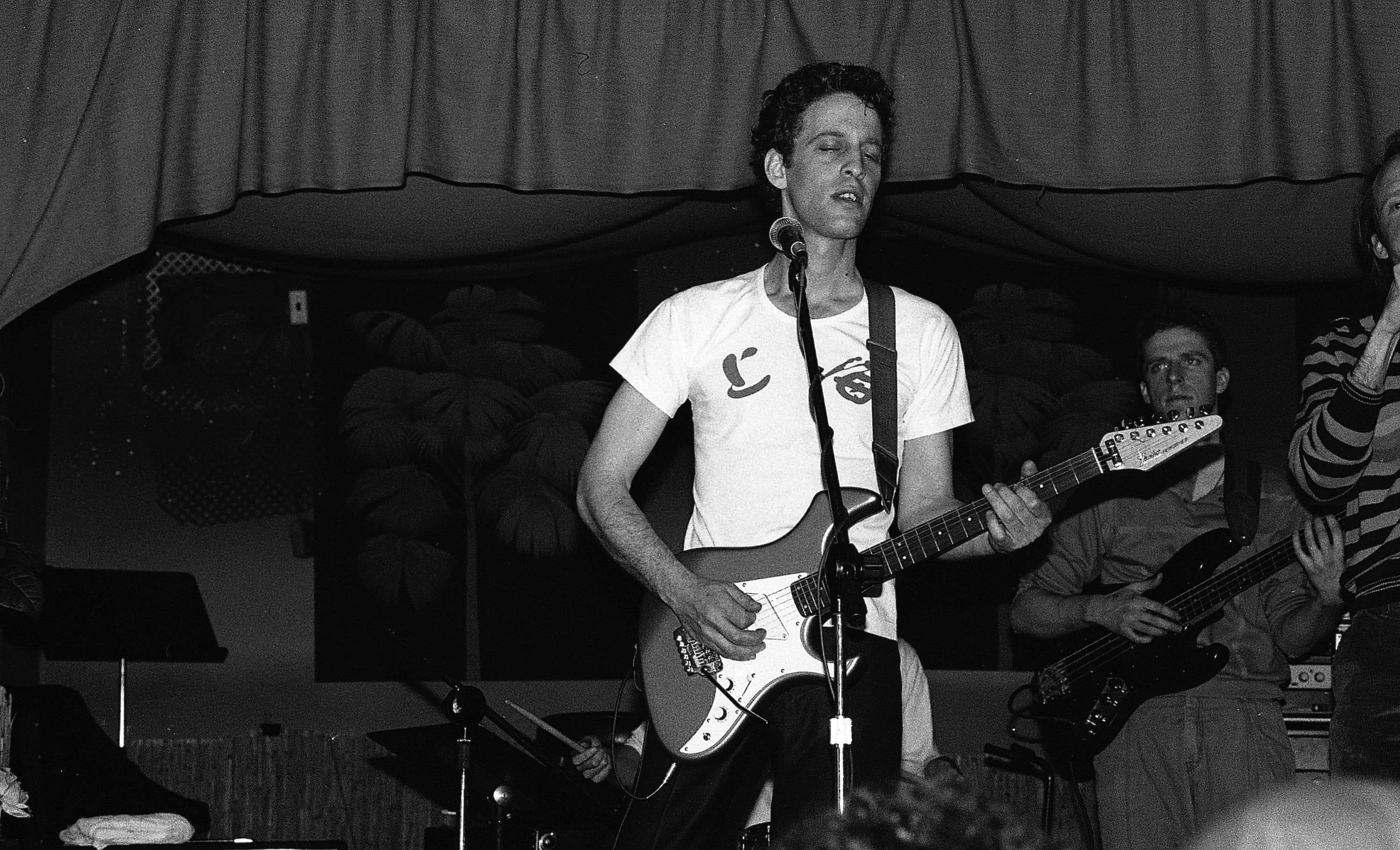
5. Sergio Vega of Quicksand and Deftones
Sergio Vega, known for his work with Deftones and Quicksand, has quietly influenced a generation of bassists across alt-rock, metal, and hardcore. His playing mixes weighty low-end with expressive flair — think bold string bends, subtle slides, and basslines that constantly shift and pulse with emotion.
Vega’s signature tone, shaped by his Sansamp Bass Driver DI and a mix of Fender Jazz Bass and Bass VI, is tough to imitate but easy to admire. Onstage, his ever-present smile gives his powerful sound a surprisingly warm presence. From Quicksand’s “Fazer,” “Dine Alone,” and “Thorn in My Side” to Deftones’ groove-heavy “Swerve City,” Vega shows how much range and soul a bass can really carry.
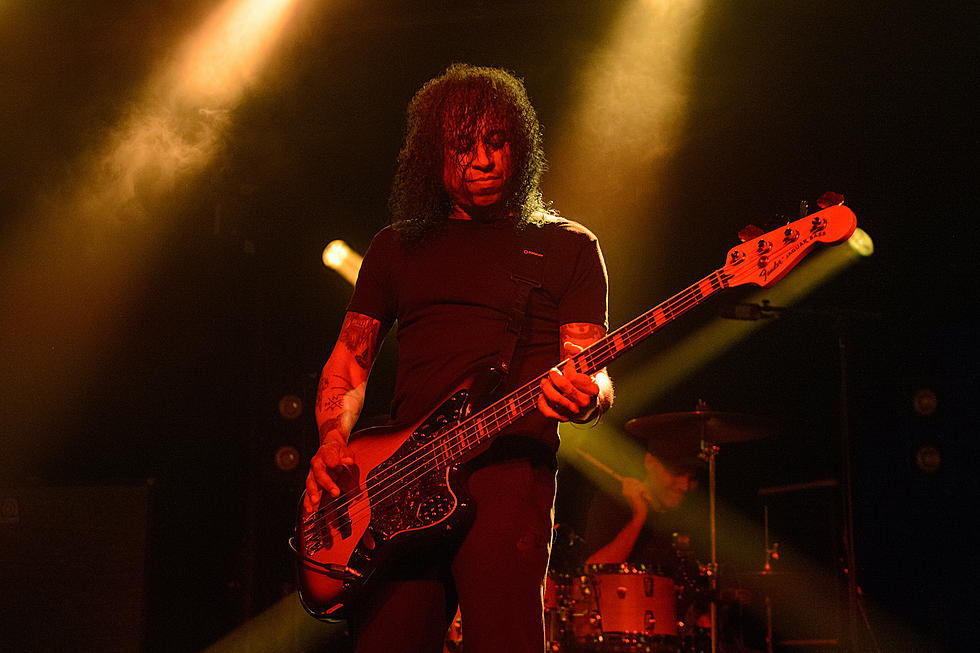
4. Chi Cheng of Deftones
No rundown of underrated bassists would be complete without Chi Cheng. As Deftones’ original low-end master, Chi brought a raw, emotional depth to the band’s sound that often flew under the radar. His playing balanced the heavy guitar grind of Stephen Carpenter with the dynamic rhythms of Abe Cunningham, creating something both powerful and poetic.
From the murky undercurrents of Around the Fur to the dreamy bends on “Minerva,” and the aggressive punch of “When Boys Telephone Girls,” Chi left behind a body of work that still resonates today. Though he was often overlooked during his lifetime, his influence is undeniable. Chi Cheng didn’t just play bass — he shaped the very soul of Deftones. His legacy, much like his sound, will never fade.
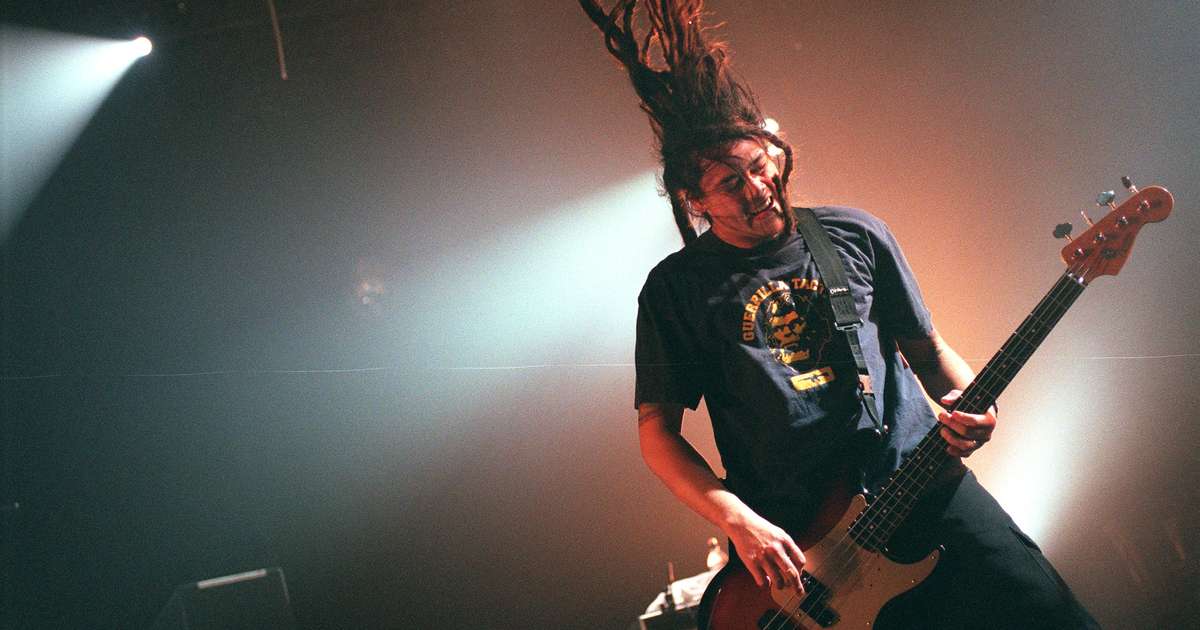
3. Colin Greenwood of Radiohead
Don’t let his calm presence fool you — Colin Greenwood is one of rock’s most subtle yet powerful bassists. Often seen tucked near his amp, he might not command the spotlight, but his playing does. Greenwood is a master of restraint, using space, rhythm, and groove to give Radiohead’s most experimental tracks a grounded heartbeat.
He knows exactly when to step back and when to push forward. On OK Computer’s opener “Airbag,” his mechanical groove pulses like a digital heartbeat, perfectly matching the album’s futuristic tone. But perhaps his most beautiful moment lies in “How to Disappear Completely.” That softly walking bassline adds a gentle sway beneath the track’s haunting atmosphere — classic Greenwood: understated, intentional, and quietly brilliant.
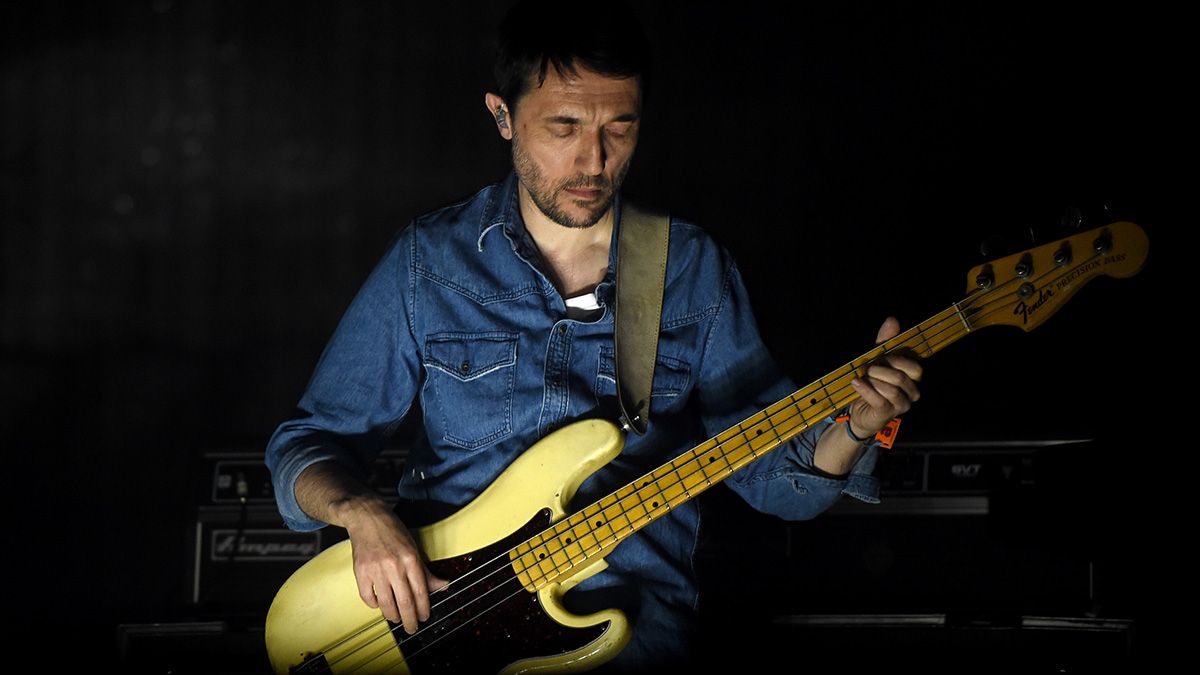
2. Carol Kaye of The Wrecking Crew
Carol Kaye isn’t just one of the best bass players ever — she’s a true force of nature in music history. As part of the legendary session group The Wrecking Crew, she helped shape the sound of the ’60s and beyond. Her basslines power classics like Pet Sounds by The Beach Boys and hits like “The Way We Were” by Barbra Streisand. She’s also credited on records by The Supremes, Frank Zappa, and even Frank Sinatra.
Despite her mind-blowing résumé, Carol often doesn’t get the mainstream recognition she deserves. She held her own — and then some — in a male-dominated studio scene, becoming a trailblazer not just for her skill, but for being a woman who broke the mold in a tough industry. Her legacy is massive, even if it’s been too quietly celebrated.
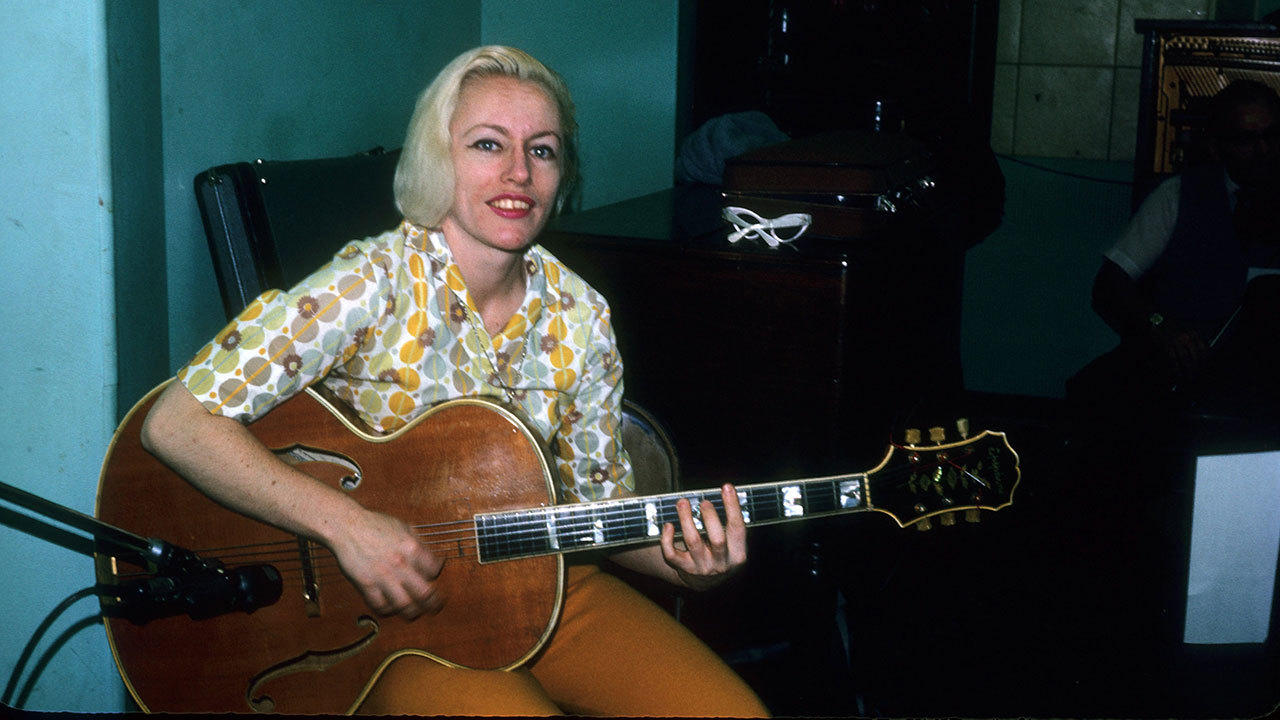
1. Billy Gould of Faith No More
Billy Gould doesn’t always get the spotlight, but his bass work is the heartbeat of Faith No More’s genre-blending sound. Mixing funk and metal like no one else, Gould turned the bass into a wild, expressive force. Whether he was slapping, picking, or playing with his fingers, he brought serious energy and creativity to every track — often pushing his Zon bass to the edge with that signature clanky tone.
From the sharp slap of “We Care a Lot,” to the melodic solo in “Epic,” and the crushing drive of “Superhero,” Gould showed just how much personality a bass can bring. His style has inspired a wave of alternative and metal bassists, proving that you don’t have to stand front and center to be unforgettable.
